Home>Garden Essentials>How Long For Cantaloupe Seeds To Sprout
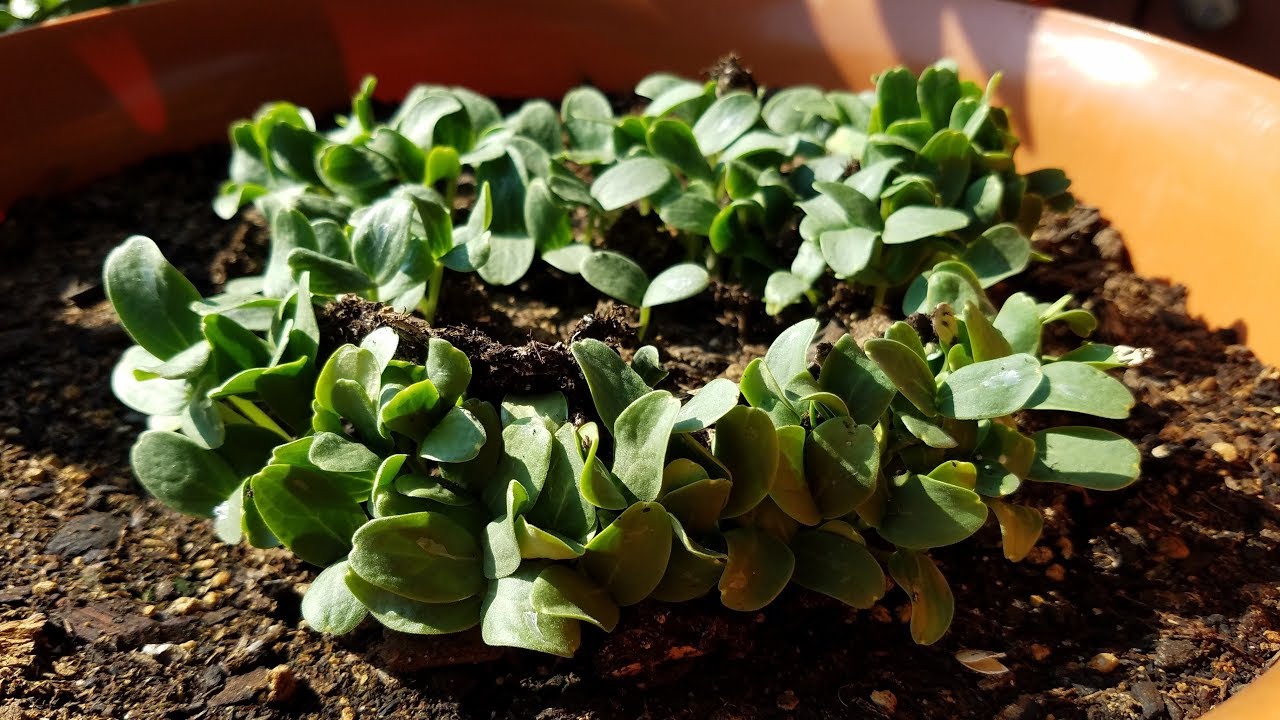

Garden Essentials
How Long For Cantaloupe Seeds To Sprout
Modified: March 15, 2024
Discover how long it takes for garden cantaloupe seeds to sprout. Learn expert tips and techniques for successful seed germination.
(Many of the links in this article redirect to a specific reviewed product. Your purchase of these products through affiliate links helps to generate commission for Storables.com, at no extra cost. Learn more)
Introduction
Welcome to the world of gardening! Whether you’re an experienced gardener or a newbie in the field, one thing remains constant: the excitement of planting seeds and watching them sprout into beautiful plants. When it comes to cultivating cantaloupes, understanding the germination process is vital. How long does it take for cantaloupe seeds to sprout? In this article, we will explore the stages of cantaloupe seed germination, the factors that influence it, and share useful tips to promote successful sprouting.
Cantaloupe, also known as muskmelon or rockmelon, is a popular fruit enjoyed for its sweet, juicy flesh. It’s a warm-season crop that thrives in regions with hot summers. Growing your own cantaloupes can be a rewarding experience as you witness the transformation from tiny seeds to flourishing plants laden with delicious fruits.
Germination is the first step in the life cycle of a cantaloupe plant. It is the process by which a seed develops into a seedling, establishing its root system and eventually pushing through the soil’s surface. Understanding this critical phase is essential for successful cultivation.
So, let’s delve into the fascinating world of cantaloupe seed germination and learn how to support the growth of these flavorful fruits.
Key Takeaways:
- Cantaloupe seeds typically take 7 to 14 days to sprout, needing warm temperatures, moisture, and oxygen. Quality seeds, proper planting depth, and soil fertility also impact germination.
- To promote cantaloupe seed sprouting, use high-quality seeds, maintain warm soil, provide consistent moisture, and ensure good oxygen circulation. Patience and care lead to successful germination and healthy plants.
Read more: How Long For Seeds To Sprout
Germination Process of Cantaloupe Seeds
The germination process of cantaloupe seeds is an intricate and fascinating journey. It all begins with the right balance of moisture, warmth, and oxygen. Here is a step-by-step breakdown of the germination process:
- Seed Imbibition: The first stage of germination is seed imbibition, where the seed absorbs water. This triggers biochemical reactions within the seed, preparing it for growth.
- Radicle Emergence: As the seed imbibes water, the radicle, or embryonic root, starts to elongate and pushes out of the seed coat. It seeks moisture and anchors the seedling in the soil.
- Cotyledons Development: Next, the cotyledons, which are the first leaves of the seedling, start emerging from the seed. These leaf-like structures provide nourishment to the growing plant until true leaves develop.
- True Leaf Formation: Once the cotyledons have developed, true leaves begin to grow. These leaves have the classic serrated edges and are the source of energy production through photosynthesis.
- Seedling Growth: With the emergence of true leaves, the cantaloupe seedling enters a rapid growth phase. It starts developing stronger roots, stems, and leaves, preparing for the flowering and fruiting stages.
The germination process usually occurs underground, and the seedling only emerges above the soil’s surface once it has established a robust root system and is ready to photosynthesize. This entire process from seed imbibition to seedling emergence can take anywhere from 7 to 14 days, depending on various factors.
Understanding the germination process is crucial as it helps gardeners anticipate the timeline for sprouting and ensures the right conditions are provided for optimal growth.
Factors Affecting Cantaloupe Seed Germination
Several factors influence the germination of cantaloupe seeds. By understanding these factors, gardeners can create the ideal environment for successful seed sprouting. Here are the key factors to consider:
- Temperature: Cantaloupe seeds require warm soil temperatures for germination, usually ranging between 75°F and 85°F (24°C and 29°C). Cooler temperatures can slow down or inhibit germination, while excessively high temperatures can damage the seeds.
- Moisture: Adequate moisture is crucial for seed imbibition and the initiation of germination. However, overly saturated soil can lead to rot and fungal diseases. It’s necessary to strike a balance by providing consistent moisture while ensuring proper drainage.
- Oxygen: Like all living organisms, cantaloupe seeds need oxygen to respire and initiate the germination process. Well-drained soil with good oxygen circulation facilitates healthy seed germination.
- Seed Quality: The quality of the cantaloupe seeds directly impacts germination. It is advisable to purchase seeds from reputable suppliers to ensure high germination rates and better crop yields.
- Seed Depth: Planting cantaloupe seeds at the correct depth is critical. Planting too deep can result in the seedling struggling to emerge, while planting too shallow can expose the seed to the risk of drying out.
- Seed Viability: The viability of cantaloupe seeds refers to their ability to germinate successfully. Seeds that are old or improperly stored may have reduced viability, leading to lower germination rates.
- Soil Fertility: Cantaloupes thrive in well-drained soil rich in organic matter. The presence of nutrients in the soil is essential for healthy seed germination and subsequent plant growth.
By taking these factors into account and making the necessary adjustments, gardeners can maximize the germination rates of their cantaloupe seeds and set the stage for a successful and productive growing season.
Cantaloupe seeds typically sprout within 7-10 days when planted in warm, moist soil. Keep the soil consistently moist and provide plenty of sunlight for best results.
Time Required for Cantaloupe Seeds to Sprout
The time required for cantaloupe seeds to sprout can vary depending on various factors. On average, cantaloupe seeds take approximately 7 to 14 days to germinate and emerge as seedlings. However, several variables can influence this timeline.
Temperature is one of the key factors affecting the germination process. Cantaloupe seeds prefer warm soil temperatures between 75°F and 85°F (24°C and 29°C). If the soil temperature is too cold, germination may be delayed, while excessively high temperatures can inhibit seed sprouting. Maintaining a consistent and optimal temperature range can help promote faster and more uniform seed germination.
Moisture is another essential element for seed germination. Adequate moisture is necessary for the seed to imbibes water and initiate the germination process. However, it’s important to strike the right balance, as overly saturated soil can lead to root rot and dampen seedling growth. Providing consistent moisture by watering the soil evenly and ensuring proper drainage can help facilitate timely seed sprouting.
The quality and viability of the cantaloupe seeds can also impact the speed of germination. High-quality seeds from reputable suppliers are more likely to have higher germination rates compared to older or improperly stored seeds. Fresh and viable seeds tend to sprout more quickly and produce healthier seedlings.
Additionally, the specific variety of cantaloupe being grown can influence the time required for sprouting. Some varieties may have inherent characteristics that result in quicker or slower germination rates. It’s important to research the specific variety being cultivated to get a better idea of the expected sprouting timeline.
Lastly, environmental conditions play a significant role in seed germination. Factors such as soil fertility, proper seed depth, and adequate oxygen circulation can all impact the speed and success of sprouting. Providing well-drained, nutrient-rich soil, planting seeds at the correct depth, and ensuring proper oxygenation in the root zone can help support timely and healthy seed germination.
While the average time for cantaloupe seeds to sprout is around 7 to 14 days, it’s essential to remember that individual seeds within a batch may germinate at slightly different rates. This natural variation is normal and should not cause concern.
By providing the optimal growing conditions and being patient, gardeners can expect their cantaloupe seeds to sprout within the expected timeframe, leading to successful plant establishment and a bountiful harvest.
Tips for Promoting Cantaloupe Seed Germination
Successfully promoting cantaloupe seed germination requires attention to detail and providing the ideal conditions for sprouting. Here are some helpful tips to ensure the best possible germination rates for your cantaloupe seeds:
- Start with high-quality seeds: Purchase fresh, high-quality cantaloupe seeds from reputable suppliers to maximize germination rates. Check the expiration date and ensure proper storage to maintain seed viability.
- Provide the right temperature: Cantaloupe seeds prefer warm soil temperatures between 75°F and 85°F (24°C and 29°C) for optimal germination. Use a soil thermometer to monitor the temperature and consider using heating mats or a greenhouse to create a warm growing environment.
- Ensure adequate moisture: Consistent moisture is crucial for seed imbibition and germination. Keep the soil evenly moist by watering gently and avoiding overwatering, which can lead to soil saturation and rot. Consider using mulch to retain moisture in the soil.
- Plant at the correct depth: Plant cantaloupe seeds at a depth of around 1 inch (2.5 cm). Planting too deep may delay sprouting, while planting too shallow can expose the seed to drying out. Follow the recommended planting instructions for your specific variety.
- Provide sufficient oxygen: Well-drained soil with good oxygen circulation promotes healthy root development and seed germination. Avoid compacted soil and improve drainage in heavy clay soils by adding organic matter.
- Choose the right location: Cantaloupes thrive in full sun, so choose a location that receives at least 6-8 hours of direct sunlight each day. Ensure the area has good air circulation to prevent the buildup of excess moisture and reduce the risk of fungal diseases.
- Prepare the soil: Before planting, prepare the soil by loosening it gently with a garden fork or tiller. Incorporate compost or well-rotted organic matter to improve soil fertility and provide essential nutrients for germinating seeds.
- Monitor for pests and diseases: Regularly inspect your plants for signs of pests or diseases that can inhibit seed germination. Take proactive measures to control pests and ensure the overall health of your plants.
- Be patient and maintain consistent care: Remember that germination can take time, and it may take a couple of weeks for the seeds to sprout. Continue to provide consistent care by watering, monitoring temperature, and protecting the seedlings when necessary.
By following these tips, you can create the optimal growing conditions for your cantaloupe seeds and increase the chances of successful germination. With proper care and attention, you’ll be rewarded with healthy seedlings that will grow into delicious and fruitful cantaloupe plants.
Conclusion
Growing cantaloupes from seeds is a delightful and rewarding experience for gardeners of all levels. Understanding the germination process and the factors that influence it is crucial for successful cultivation. By providing the right conditions, such as adequate moisture, optimal temperature, and sufficient oxygen, you can promote healthy and timely seed sprouting.
The germination process of cantaloupe seeds involves the imbibition of water, the emergence of the radicle and cotyledons, the formation of true leaves, and the overall growth of the seedling. This intricate journey usually takes around 7 to 14 days, but individual seeds may vary in their germination rates.
Factors such as temperature, moisture, seed quality, seed depth, seed viability, and soil fertility all play a role in the germination process. By considering these factors and making necessary adjustments, you can create the ideal environment for cantaloupe seed germination.
Remember to start with high-quality seeds, provide the right temperature and moisture levels, plant at the correct depth, ensure good oxygen circulation, and choose a suitable location for optimal sunlight exposure. Regular monitoring for pests and diseases, along with consistent care, will help support seedling growth and eventual plant development.
Be patient throughout the germination process, as it may take time for the seeds to sprout. Maintain diligent care and attention to create the best conditions for seedling growth.
With dedication and proper care, you’ll soon witness the transformation of cantaloupe seeds into healthy, thriving plants that produce an abundance of delicious fruits. Enjoy the journey of cultivating your own homegrown cantaloupes and savor the sweet rewards of your efforts!
Frequently Asked Questions about How Long For Cantaloupe Seeds To Sprout
Was this page helpful?
At Storables.com, we guarantee accurate and reliable information. Our content, validated by Expert Board Contributors, is crafted following stringent Editorial Policies. We're committed to providing you with well-researched, expert-backed insights for all your informational needs.
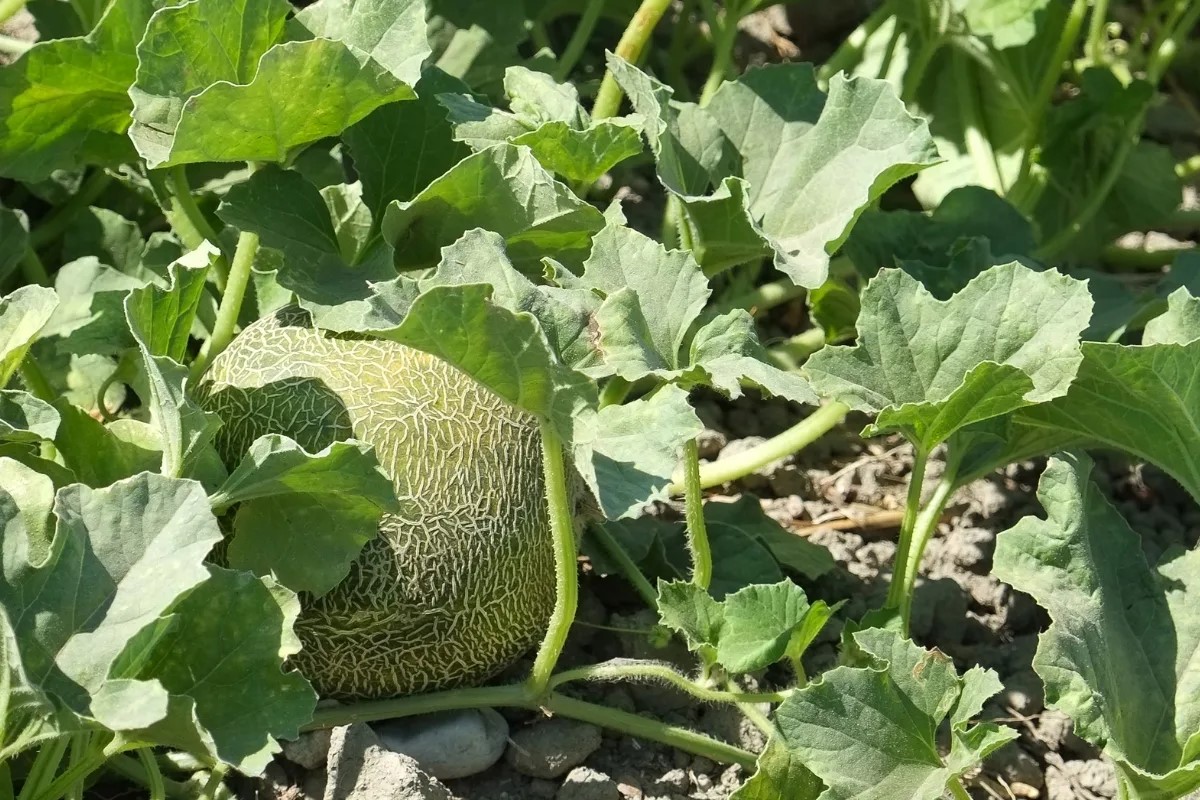
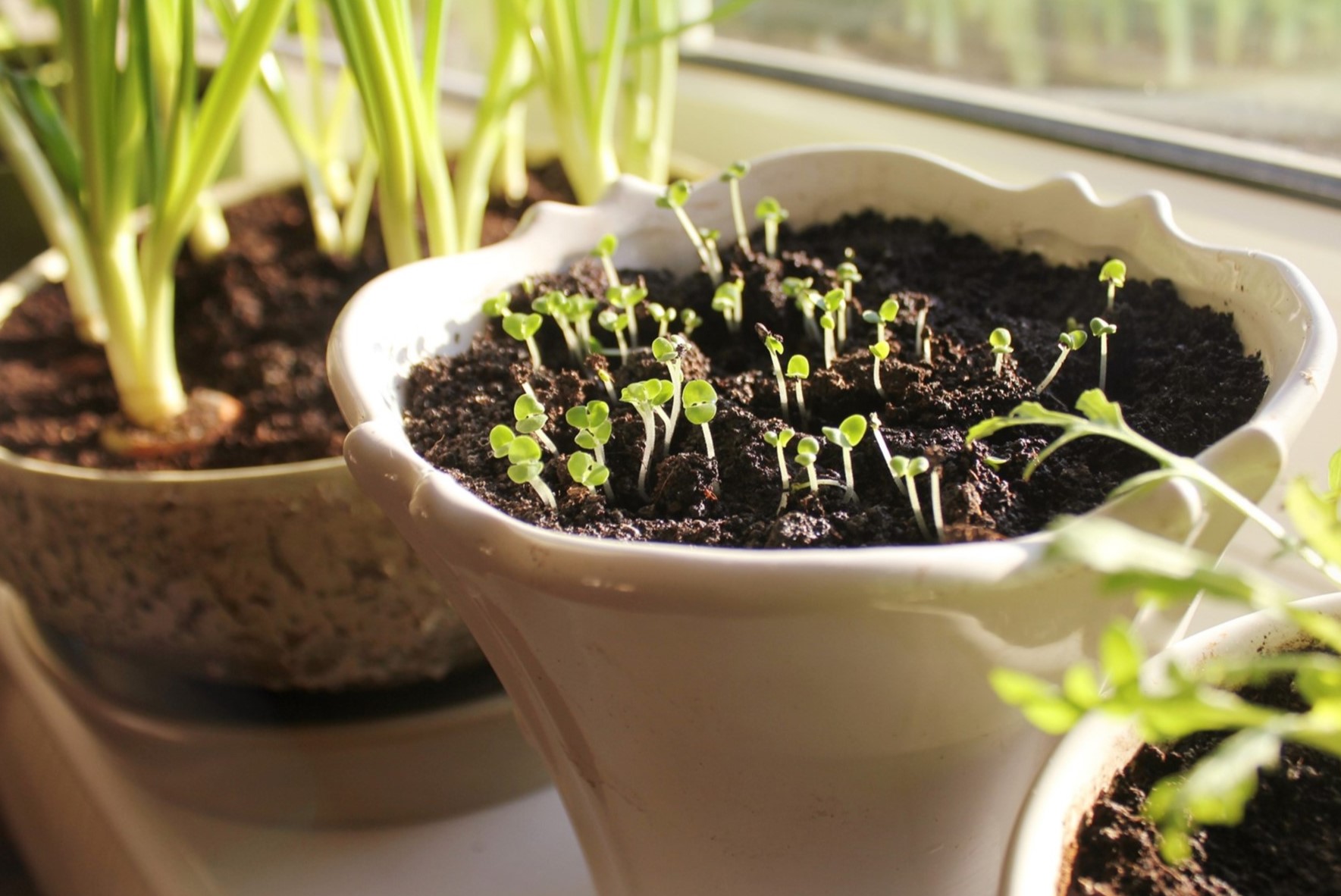
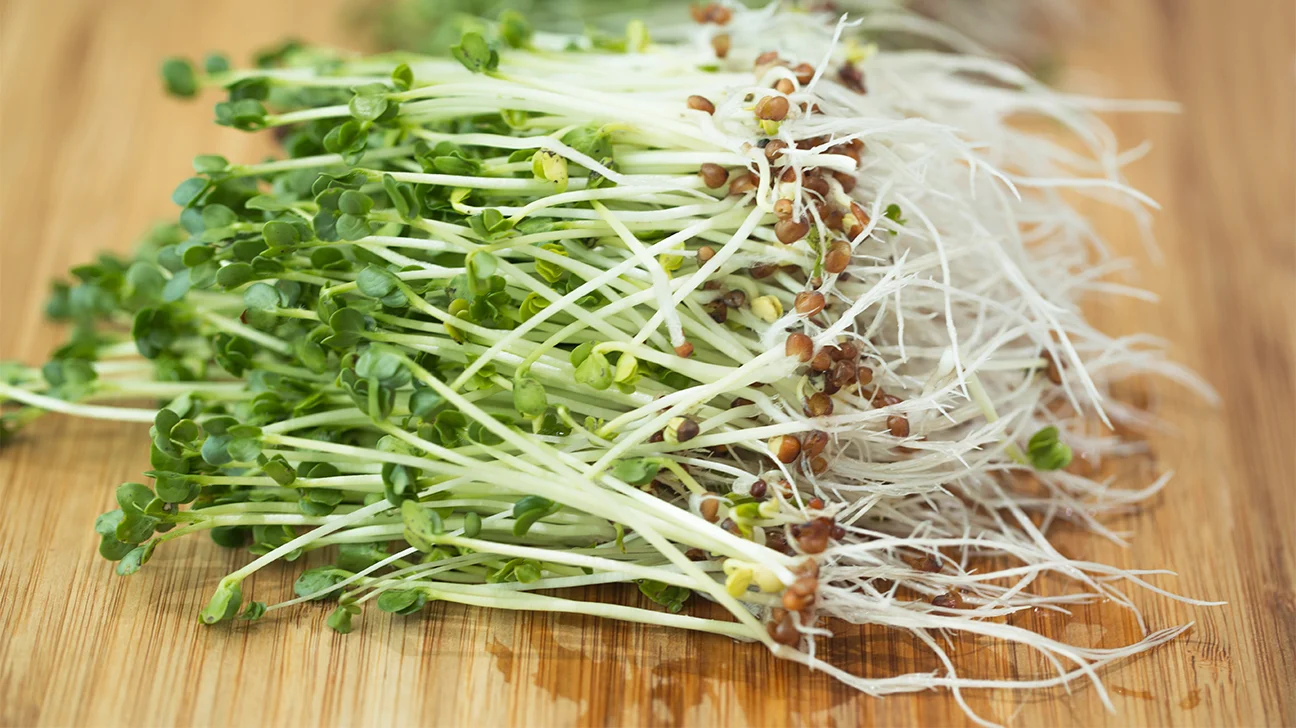
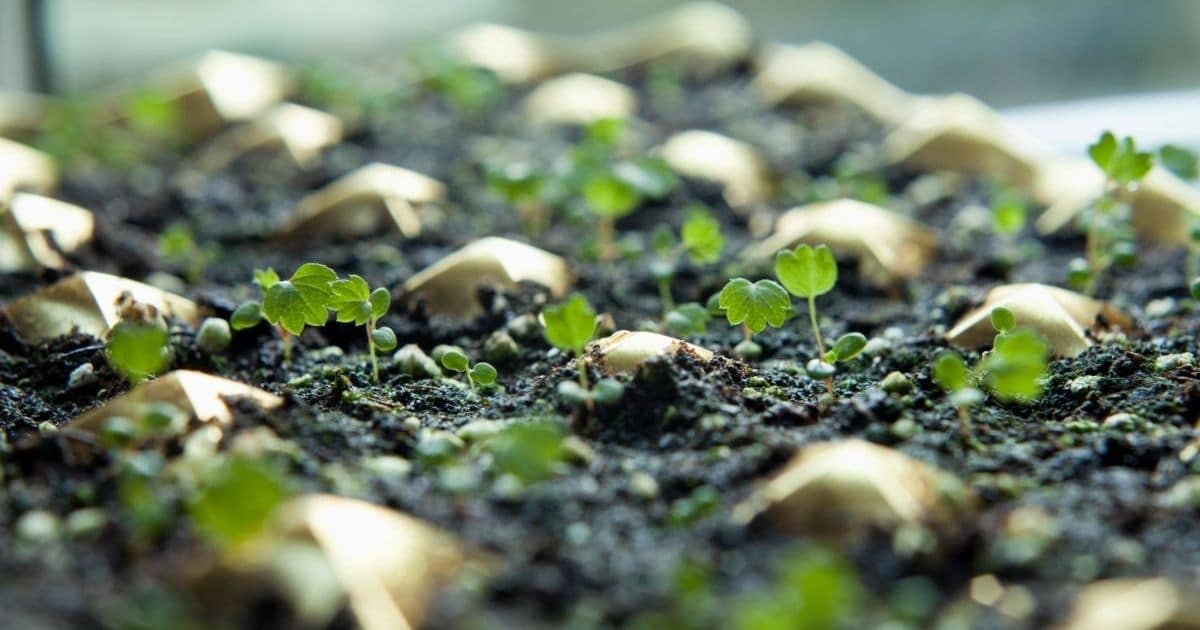
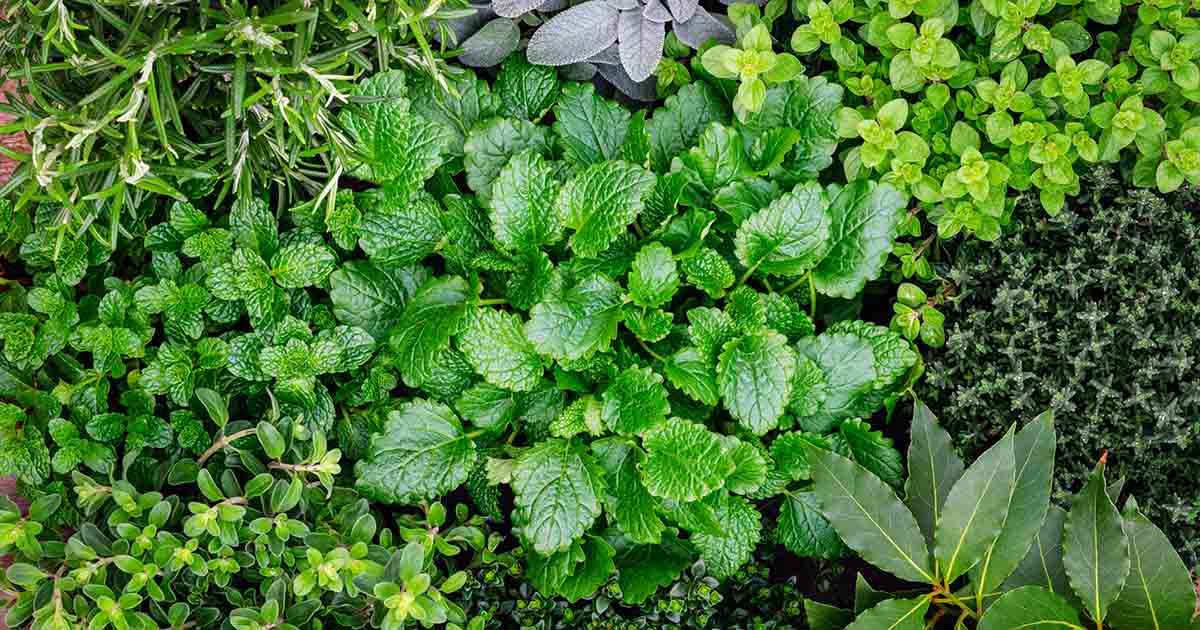
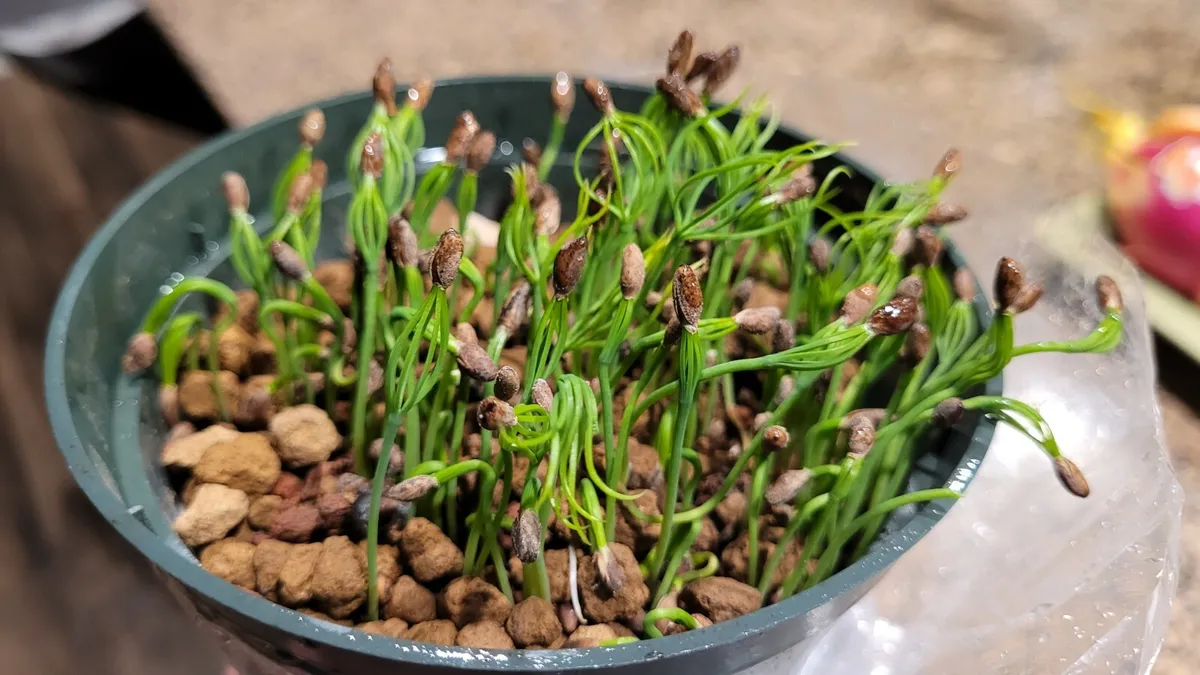
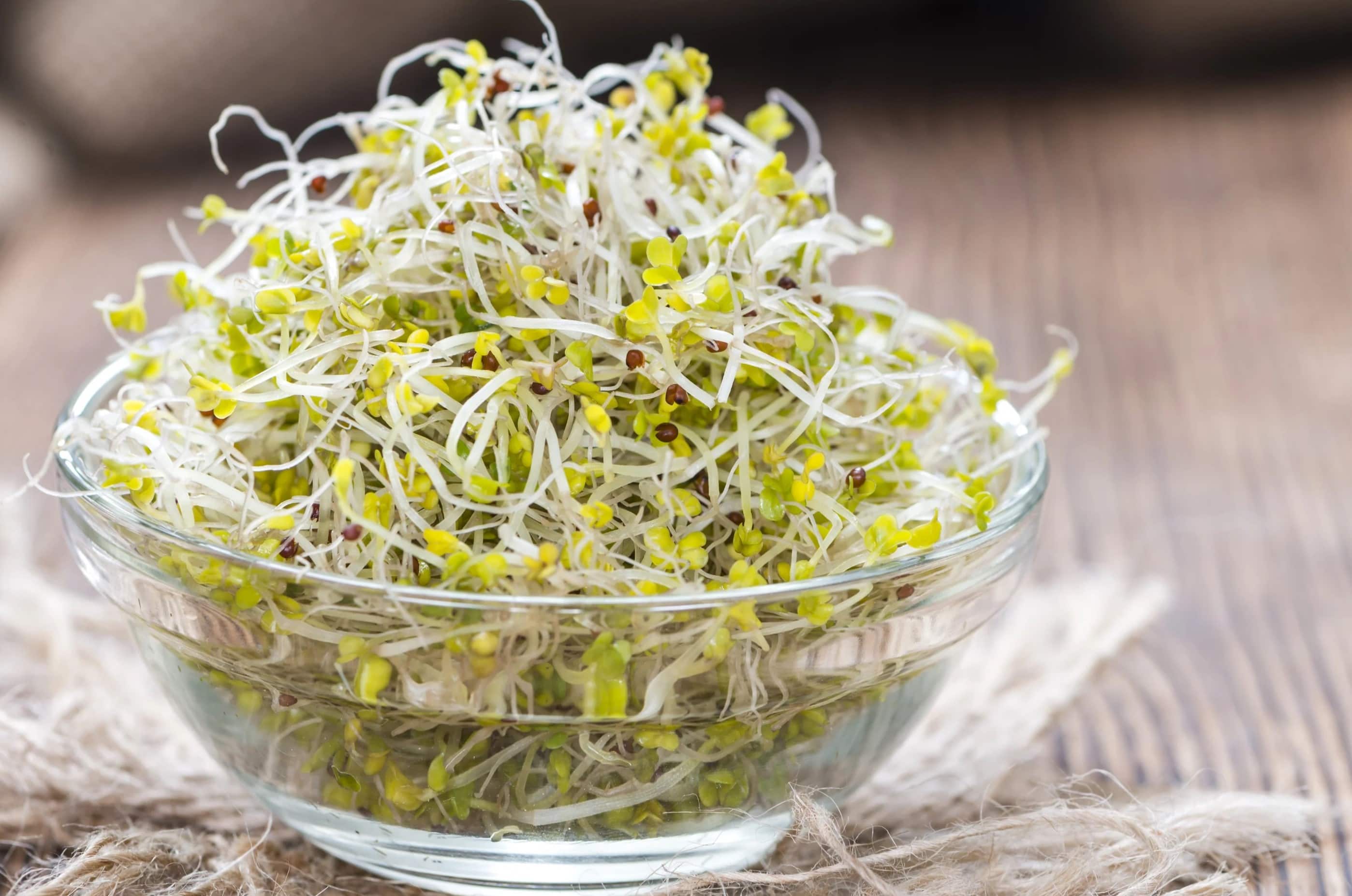
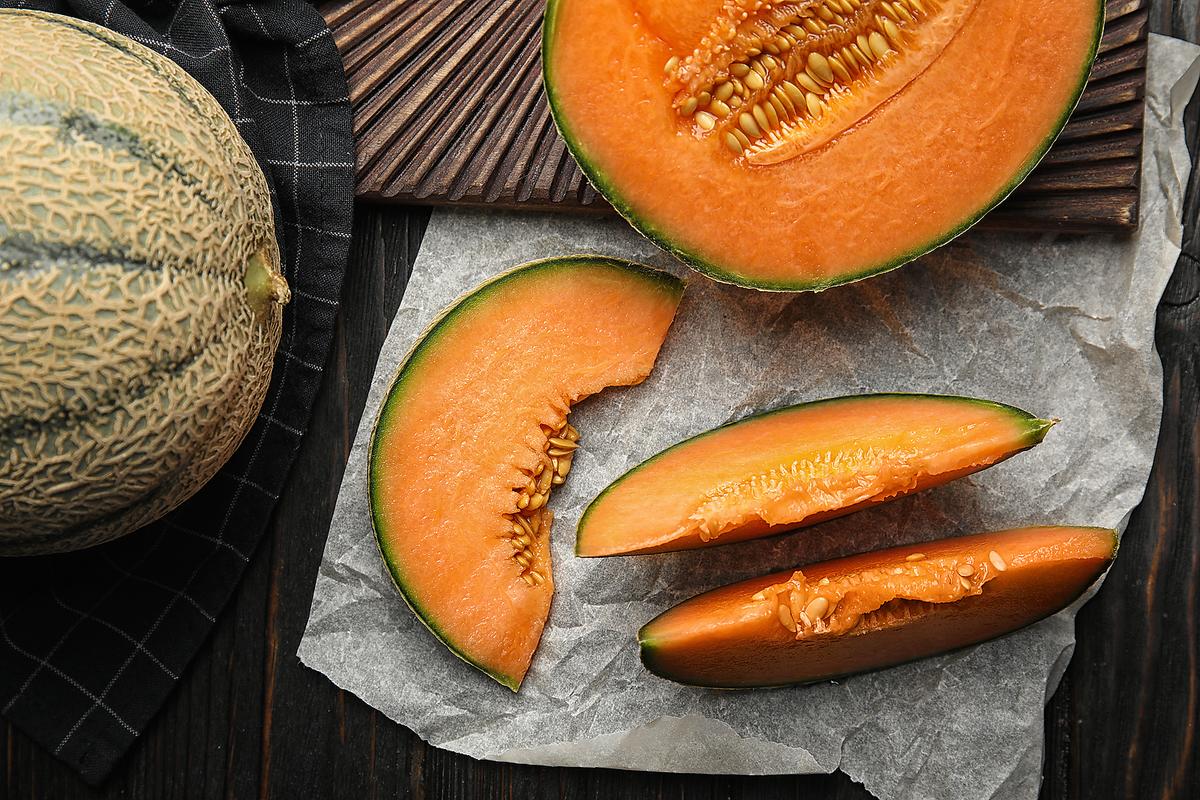
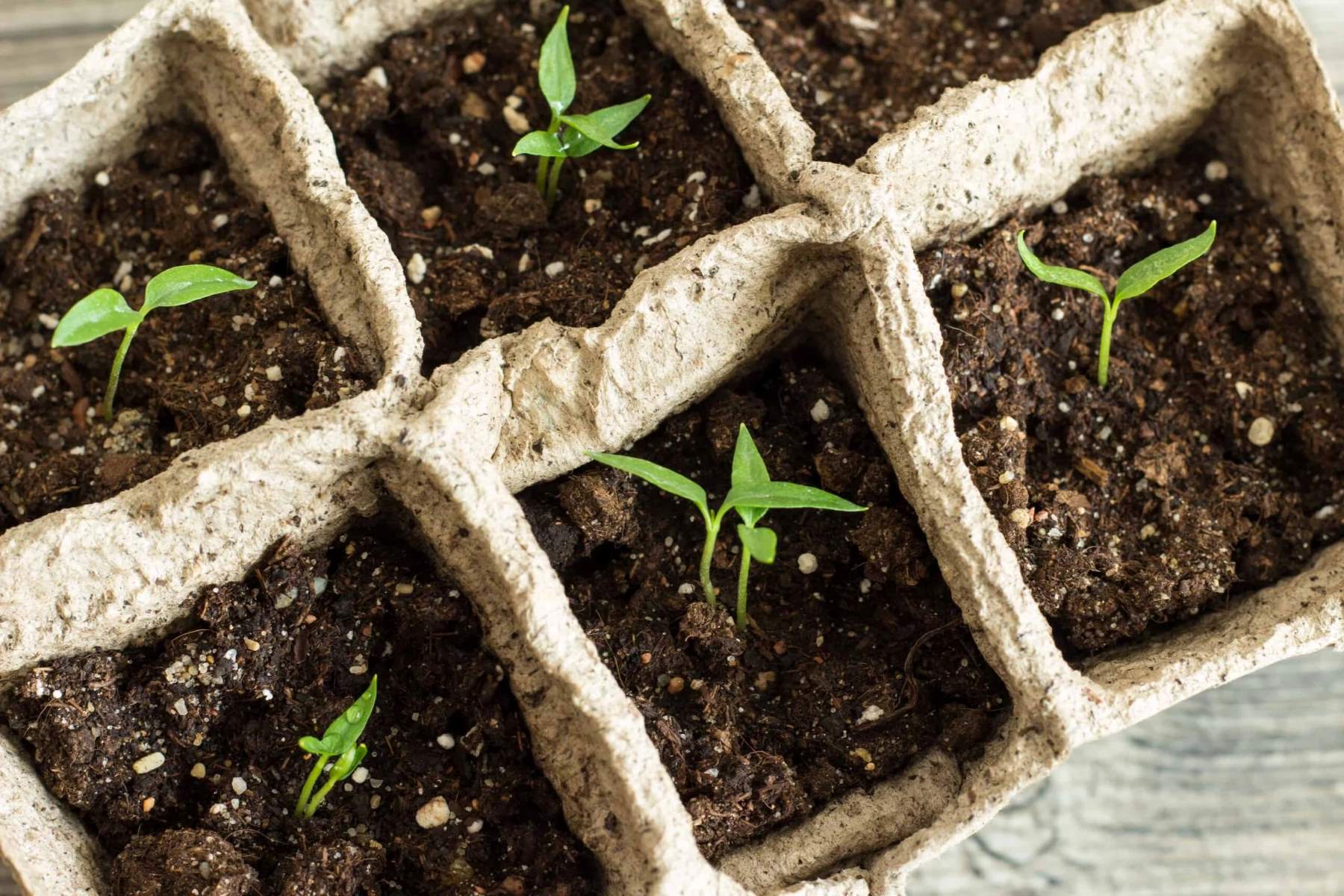
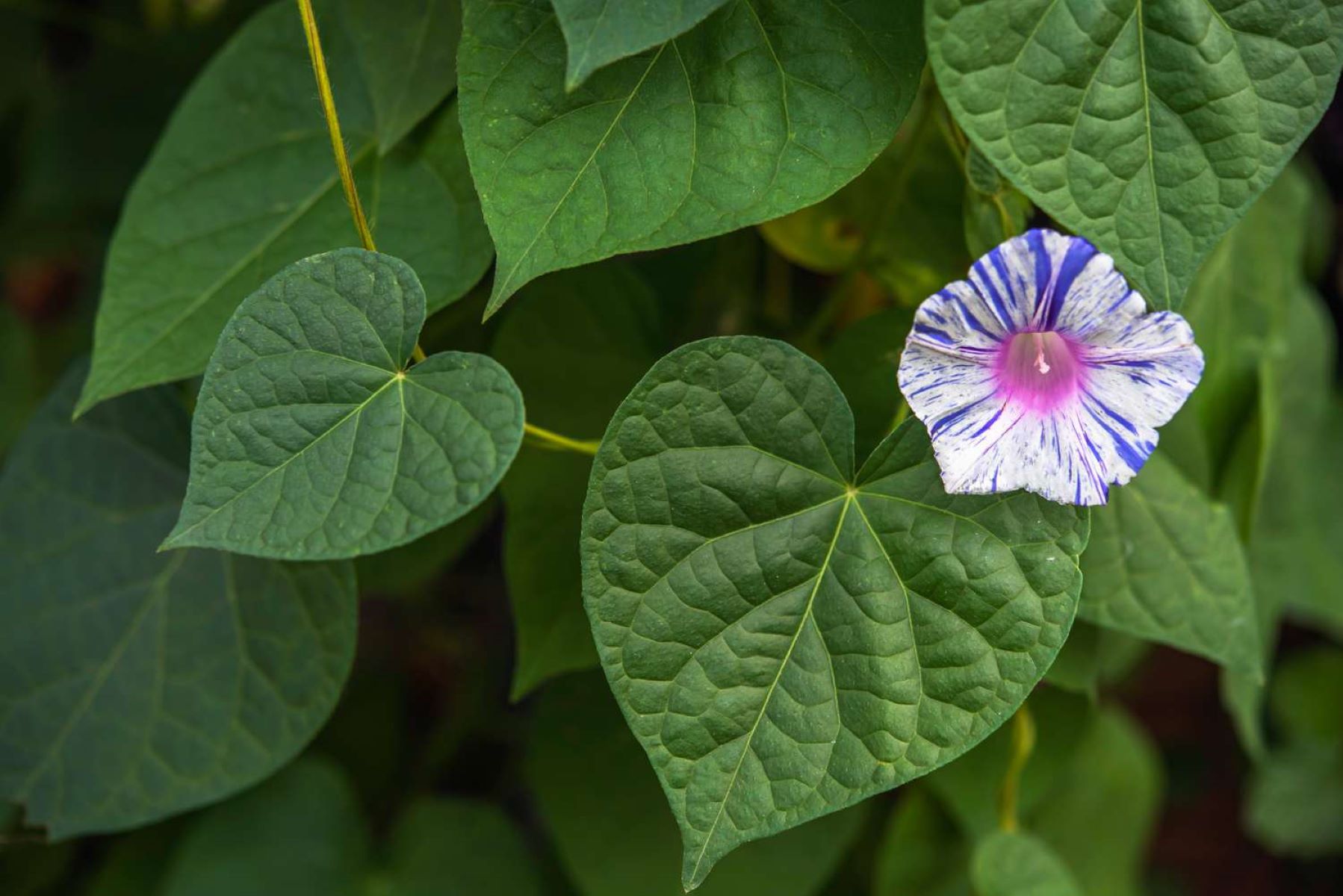
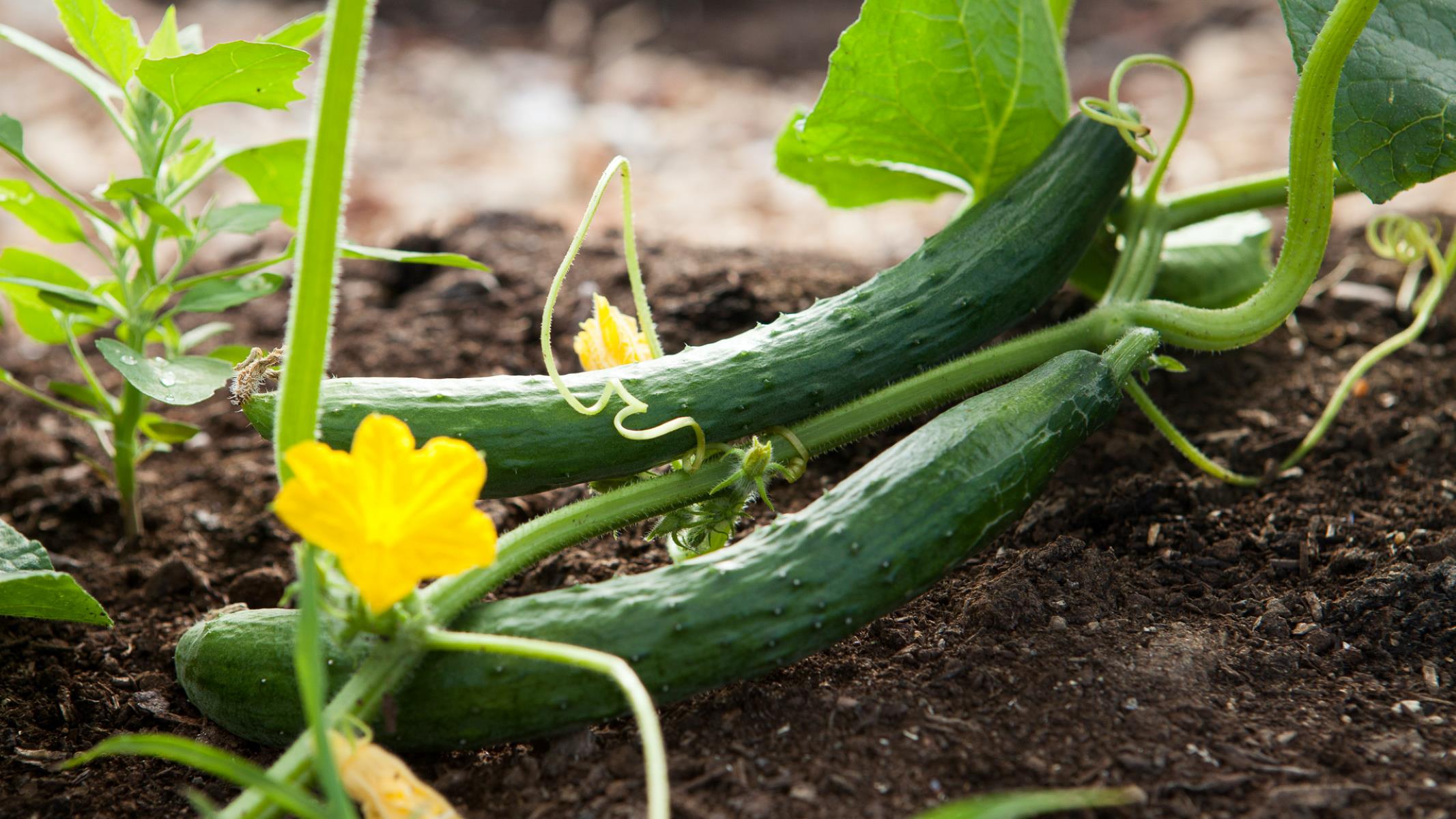
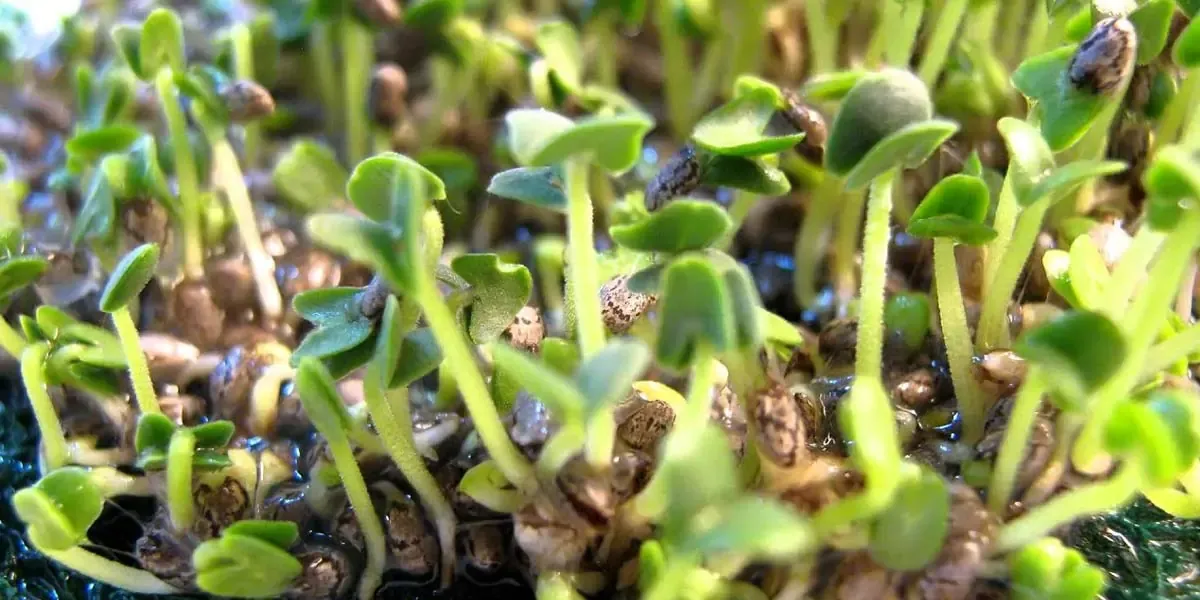
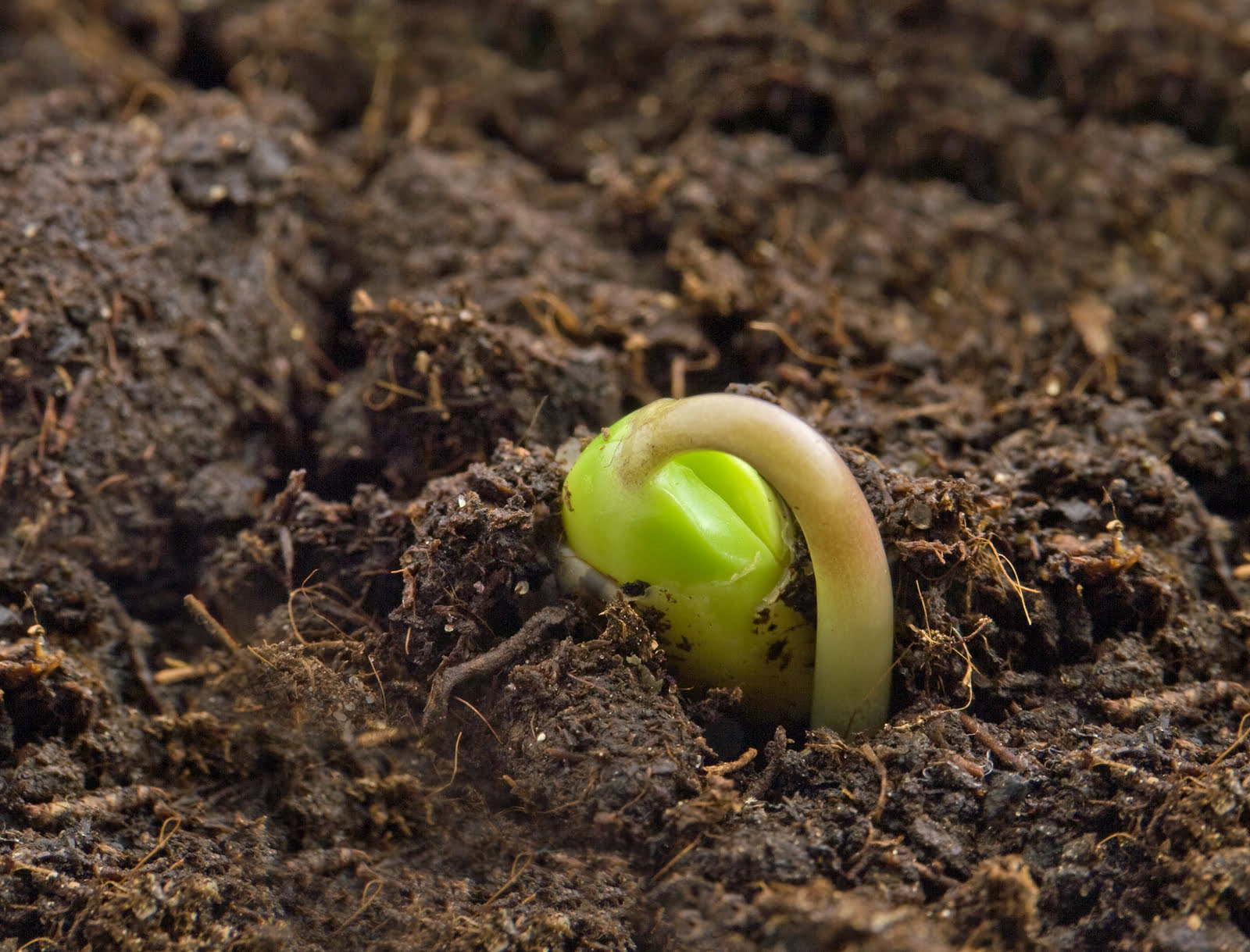
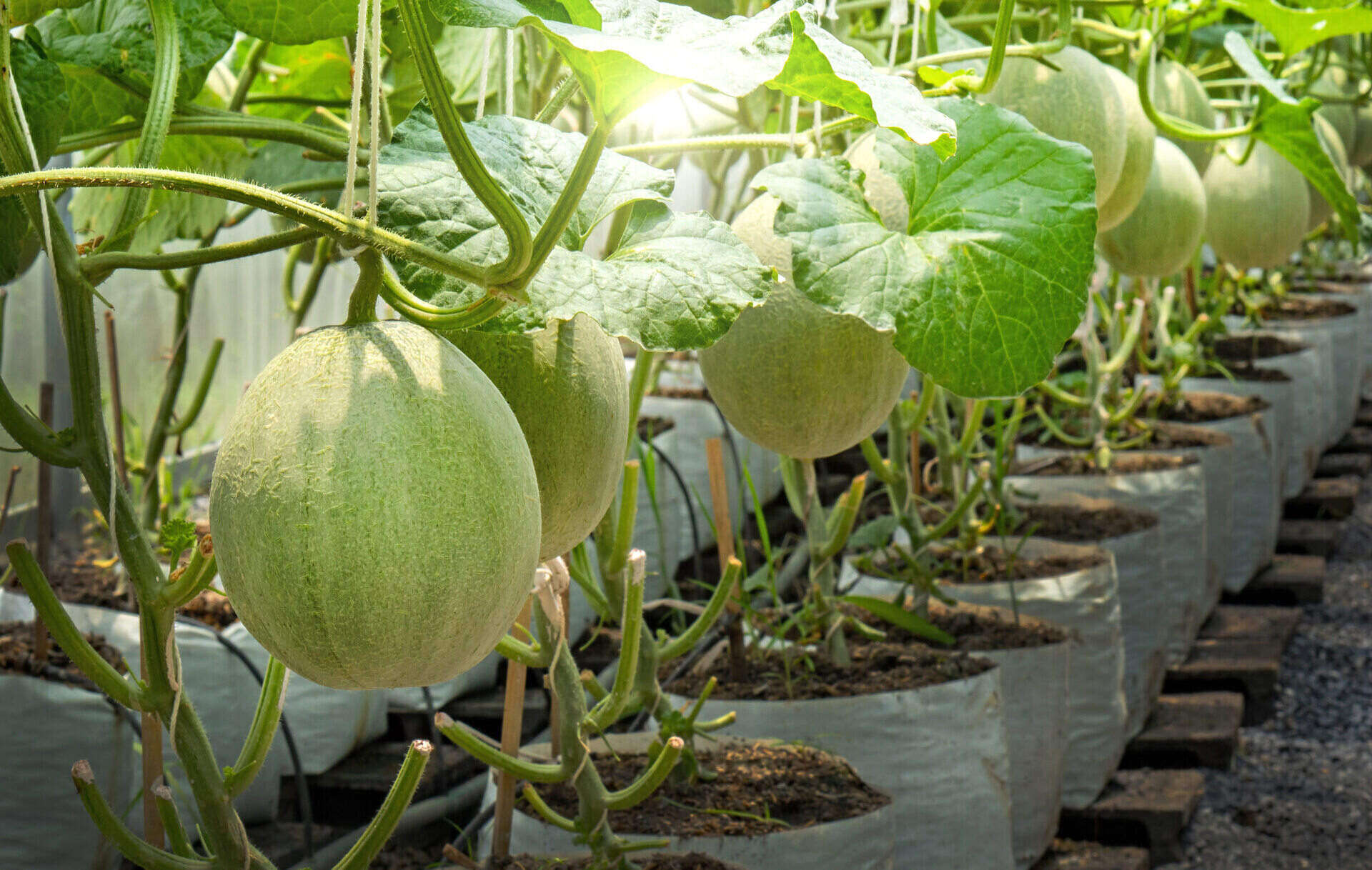

0 thoughts on “How Long For Cantaloupe Seeds To Sprout”